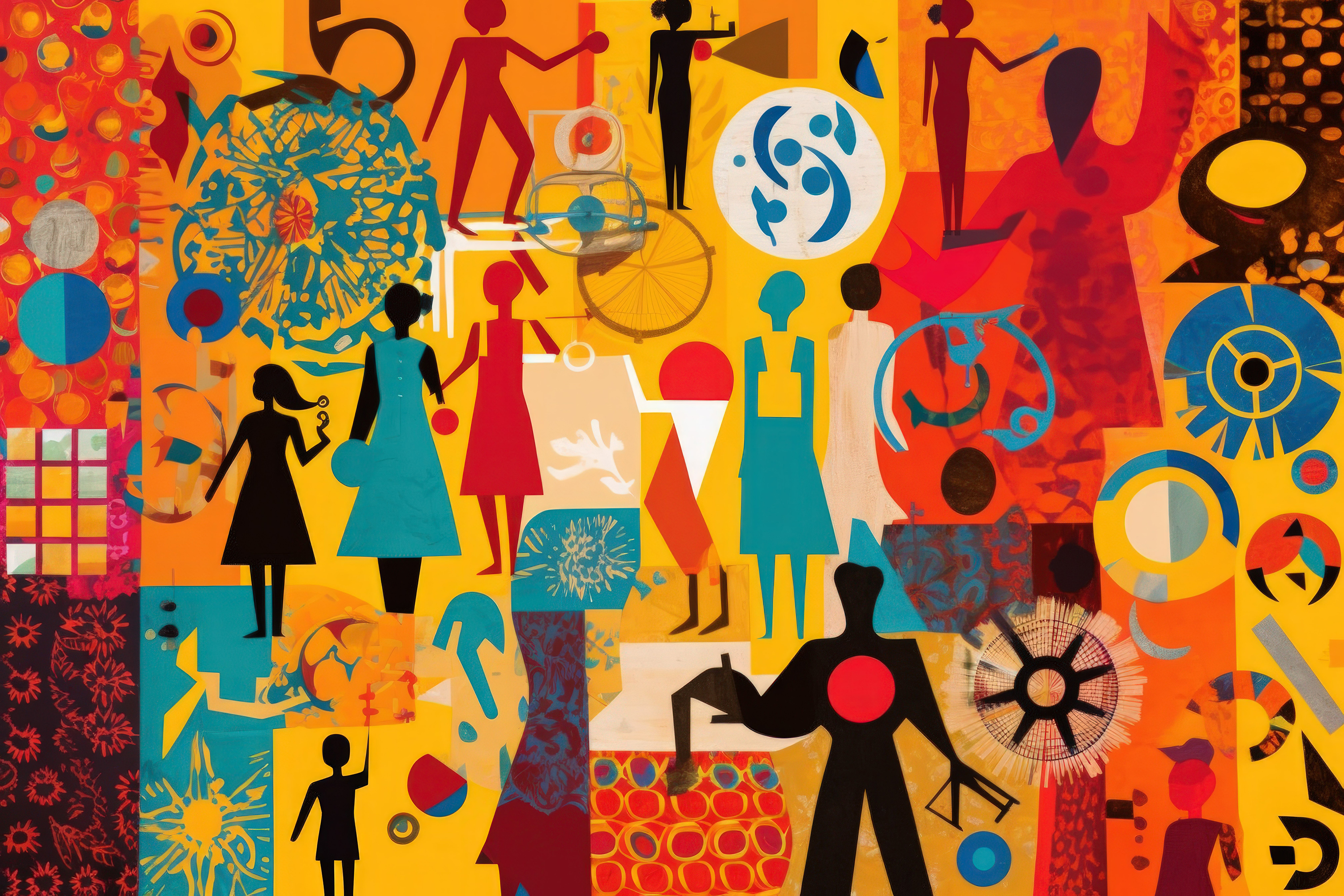Relevance of Sex, Gender and Diversity in Research
In order to improve the quality of research and avoid “blind spots”, the DFG suggests that sex, gender and/or other dimensions of diversity be adequately taken into consideration in the content of research projects.
Where such dimensions are relevant, the consideration of sex, gender and other dimensions of diversity can have concrete implications for the planning, implementation and outcomes of a research project: they might influence the formation of hypotheses, be reflected in the selection of methods and categories of analysis, or have an impact on the creation of data sets. Furthermore, differentiation according to sex, gender and/or other dimensions of diversity can be relevant to research projects at several different levels – such as in the choice of people or animals to be studied or the human or animal material to be investigated, for example. For this reason, preparation of research projects should always include reflection on sex, gender and diversity, and these aspects should be addressed in the proposal where relevant. Sex, gender and other dimensions of diversity are not of equal relevance to the content of all research projects: their importance will vary according to discipline, research context, topic and methods.
The following checklist issued by the DFG provides points of reference as to whether sex, gender and/or diversity are relevant to a research project and therefore proposal submission, enabling applicants to examine these aspects in the planning phase of their project.
Subject-specific information and examples
What does the DFG mean by…
The term “sex” refers specifically to the biological heterogeneity of living beings. The term “gender” refers to socio-cultural attributions of characteristics, roles, behaviours and expectations of the sexes. These attributions can vary depending on the society, country, culture, values and also an individual’s own personal perceptions.
In addition to sex and gender, diversity as a criterion in the context of submitting a DFG proposal includes dimensions of difference between individuals based on aspects such as age, religion, origin, sexual identity, culture, state of health, living situation and social status.
Every researcher has their own distinct personality, individual background, diverse experience, etc.
At the same time, researchers always try to adopt as objective a perspective as possible in their research in order to arrive at research results that are as neutral as possible. In some disciplines, however, there have occasionally been examples of the relevance of sex, gender or other dimensions of diversity in the people conducting the research where these factors have been seen to have an impact on the research result.
In the humanities and social sciences, reflection on expectations, biases, interaction with the individuals under investigation, etc. is already widespread as part of the critical verification of courses. One concrete example from the field of ethnology of the impact of the social role of the researcher is to be found in the subject-specific information on this website.
Another example of the impact of the biological gender of researchers is known from the life sciences: one study found that rats and mice in pain research showed a lower response when tests were conducted by male researchers, as opposed to a constant response when the tests were conducted by female researchers or without researchers present at all. This “male observer effect” was attributed to the different scents secreted depending on the sex of the person conducting the research – a factor which influenced the research result itself.
- Kindspflegschaften im Kontext ethnischer Heterogenität (“Child Fostering in the Context of Ethnic Heterogeneity” (Borgu/Republic of Benin(externer Link)
- Gendered Innovations, Animal Research 2: Analyzing How Sex and Gender Interac(externer Link) (with further citations)
For the vast majority of research projects, the sex, gender or diversity of the persons conducting the research will have little or no significance, so no explanation will be required in the relevant section when submitting the proposal.
Useful links
See the following external links for more information about the relevance of gender and diversity in research:
- Geschlecht & Innovatio(externer Link) (in German only)
- Gendered Innovation(externer Link)
- Gendered Curricula - Contents of women's and gender studies for degree course(externer Link)
- Film ACT on Gender Dimensio(externer Link)
- Stadler, G., Chesaniuk, M., Haering, S. et al. Diversified innovations in the health sciences: Proposal for a Diversity Minimal Item Set (DiMIS), Sustainable Chemistry and Pharmacy 33, 101072 (2023(externer Link)
- Tannenbaum, C., Ellis, R.P., Eyssel, F. et al. Sex and gender analysis improves science and engineering. Nature 575, 137–146 (2019(externer Link)
- Canadian Institute of Gender and Healt(externer Link) (with Webinar)
- US National Institutes of Health, Inclusion of Women and Minorities as Participants in Researc(externer Link)
- Ginter, W., Köppert, A., Medved, I., Chancengleichheit in der Wissenschaft und Vielfältigkeit im Forschungsinhalt, DGfN-Mitteilungen 4/2022, 10-1(Download) (in German only)
For research institutions that deal with "gender", "diversity" or gender research, see GERiT - German Research Institution(externer Link).
Equal opportunities and diversity in research
The relevance of sex, gender and diversity concerns research subject matter and methods. See the following link for further details and information on DFG measures relating to equal opportunities and diversit(interner Link) in the research system.
Contact person
| E-mail: | ines.medved@dfg.de |
| Telephone: | +49 (228) 885-3205 |
| E-mail: | anush.koeppert@dfg.de |
| Telephone: | +49 (228) 885-2612 |
| E-mail: | wiebke.ginter@dfg.de |
| Telephone: | +49 (228) 885-2824 |




